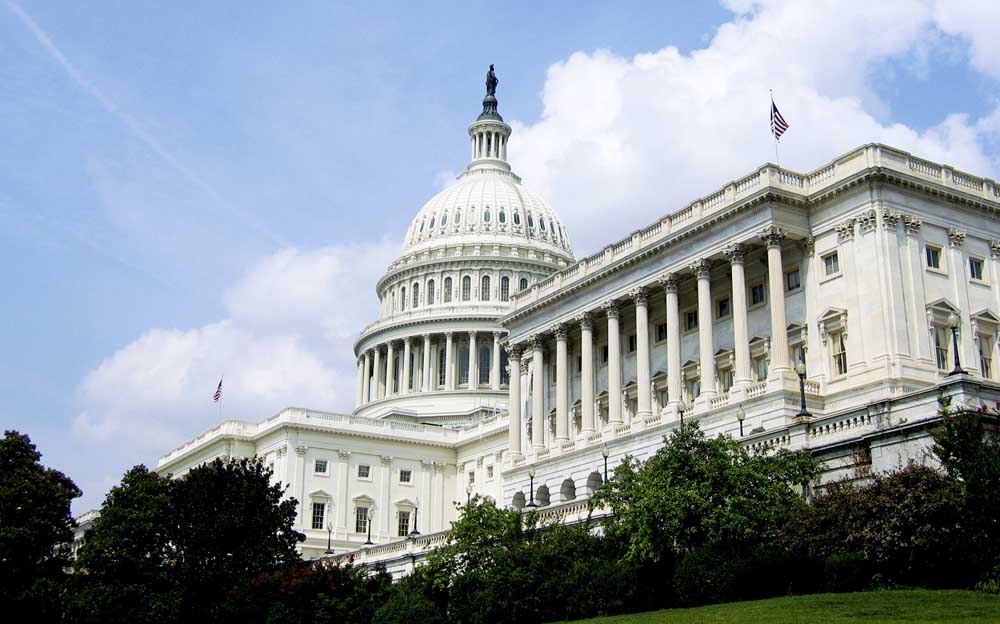Federal tax reform plan could cost Oregonians
Published 3:38 pm Friday, September 29, 2017

- Two former staffers for Mark Callahan's campaign for Congress said Monday that they resigned in early August due to “unrecoverable issues” inside the campaign. Callahan is running against incumbent Rep. Kurt Schrader in Oregon's 5th District.
Capital Bureau
SALEM — Oregonians could see their federal tax bills increase if a key deduction is overturned by Congress, as a tax reform plan unveiled this week suggests.
Trending
The tax break, called SALT by tax wonks, allows taxpayers who itemize their deductions to subtract the amount they pay in state and local taxes from their taxable income.
In 2015, Oregonians deducted nearly $5.9 billion in state and local taxes from their federal income taxes. About half of the money deducted came from filers who earned between $100,000 and $500,000 that year.
Paul Warner, the head of Oregon’s nonpartisan Legislative Revenue Office, said in a Sept. 20 presentation to the Oregon Senate Finance and Revenue Committee that the repeal of the deduction could “disproportionately affect taxpayers” in Oregon.
The policy affects states differently because state taxes differ.
Oregon, for example, has a relatively high income tax, but no statewide sales tax.
About 29 percent of Oregon taxpayers could see federal tax increases as a result of a repeal of the deduction, according to figures Warner cited that were compiled by State Tax Notes, a specialty publication. State Tax Notes calculated an average increase of $573.
Trending
The change wouldn’t likely take place in isolation, though, as the tax plan made public this week also calls for other changes, such as reducing federal personal and corporate income tax rates.
Oregon would likely see dramatic effects if any substantial changes are made to federal tax policy, legislative economists said earlier this year.
“While the ultimate form of federal tax reform is highly uncertain, Oregon is uniquely positioned to experience significant revenue effects both positive and negative,” they noted in a March report.
Not only does Oregon automatically connect itself to any change in federal tax bases, but economists also cited the state’s “heavy” reliance on the personal income tax and it’s “one-of-a-kind” kicker policy that refunds income tax revenues when they arrive in excess of projections.
Key Oregon lawmakers on both sides of the aisle have criticized the state’s reliance on the income tax for some time now.
But the Legislature is unlikely to make big changes to state taxes until 2019, due both to the issue’s complexity and political sensitivity.
Warner made his presentation last week on the heels of a legislative session where lawmakers, the business lobby and union groups were still smarting from a tough union-backed ballot measure campaign to create a tax on corporate sales.
Uncertainty about federal reforms was another reason for legislative “foot-dragging” when it came to big changes to the state’s system in the 2017 session, said State Sen. Mark Hass, D-Beaverton. Hass is a leading advocate for restructuring state taxes.
Could the repeal of the state and local deduction by a Trump White House and a Republican-led Congress actually provide fuel for largely Democratic Oregon to tinker with its tax structure?
Potentially, Hass said.
But he’s not holding his breath to see what Congress does on taxes. He pointed to Congressional efforts to overturn the Affordable Care Act, which have thus far fizzled, and, he said, could have had a bigger impact on Oregon’s budget.









